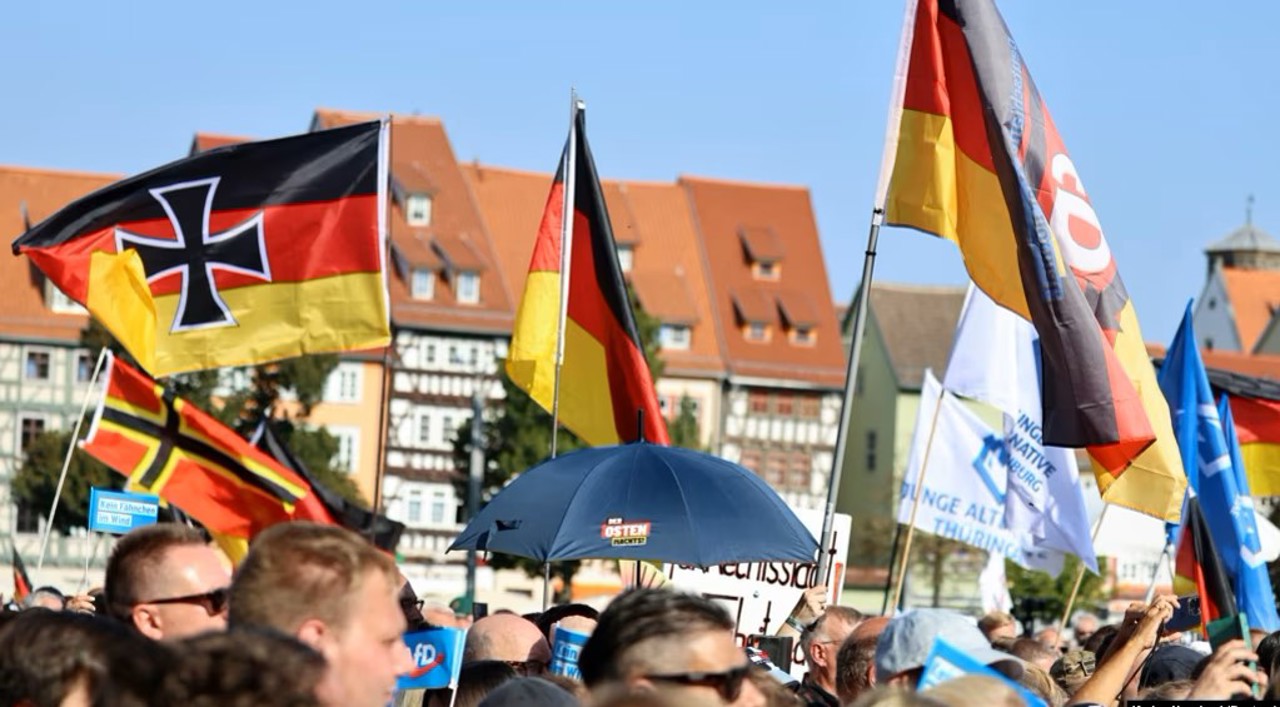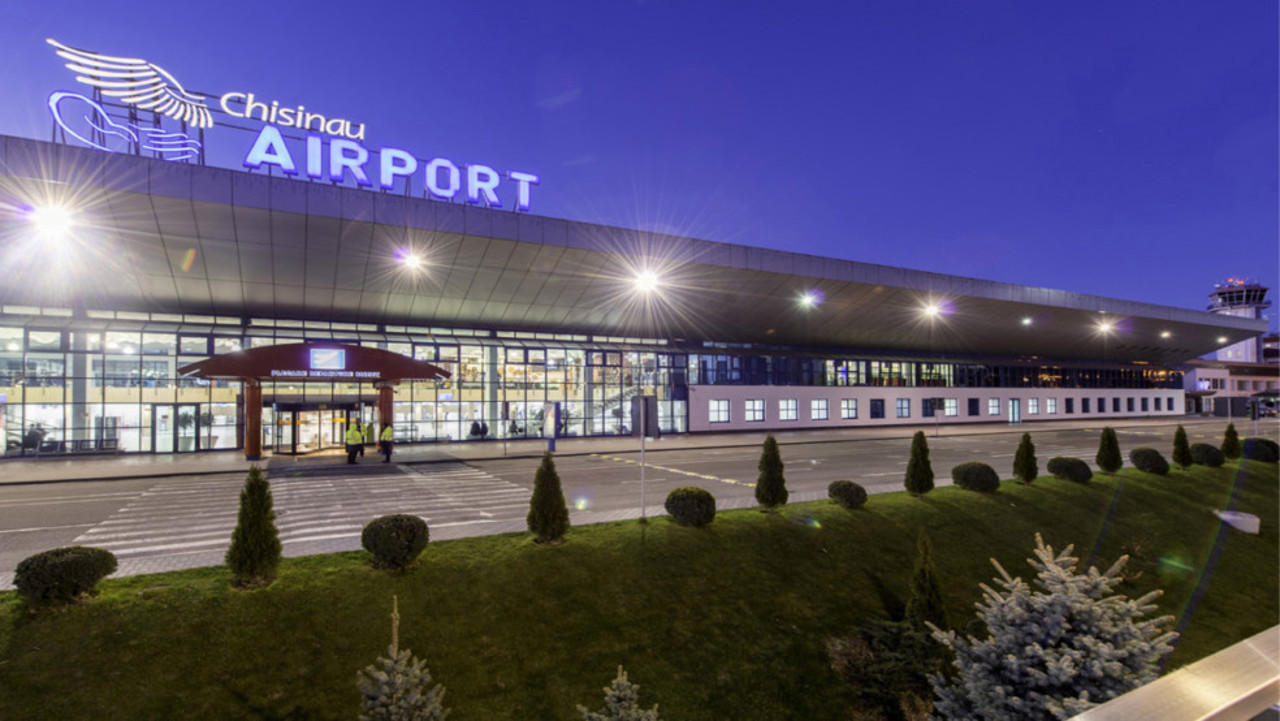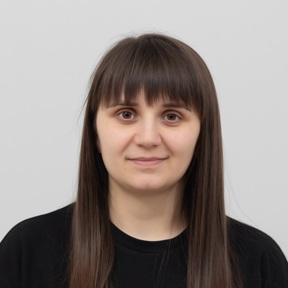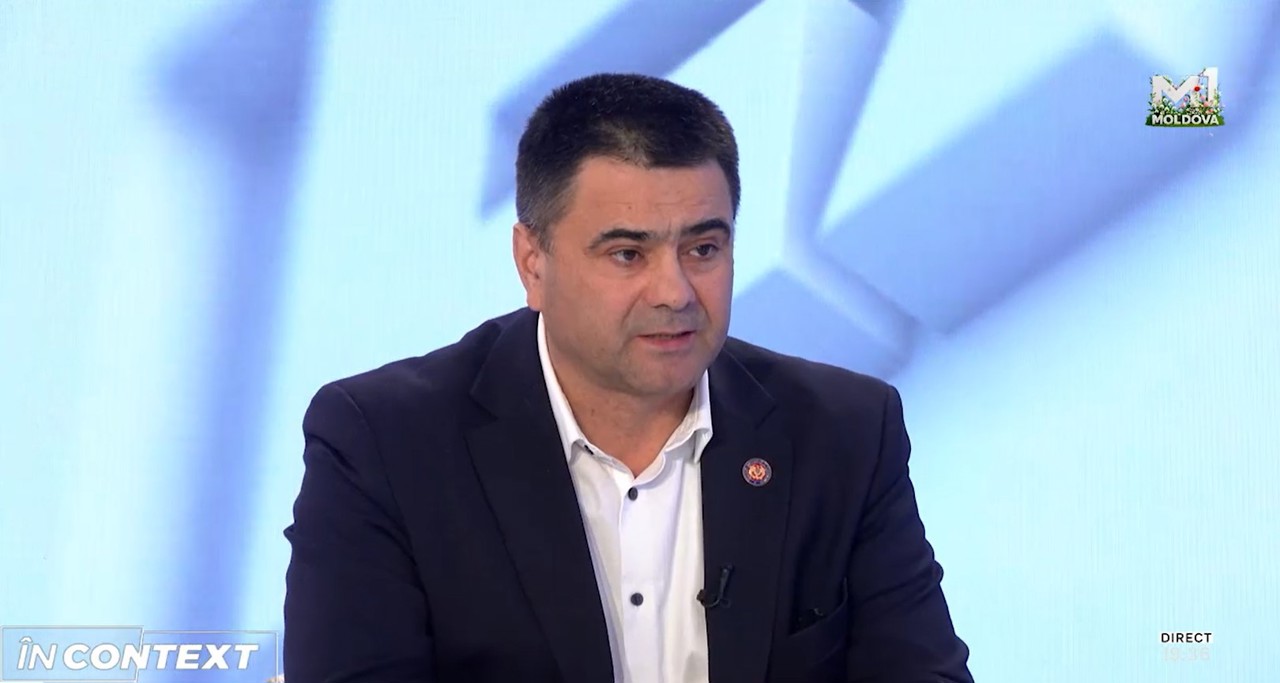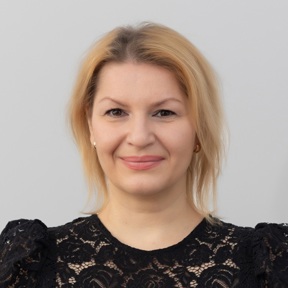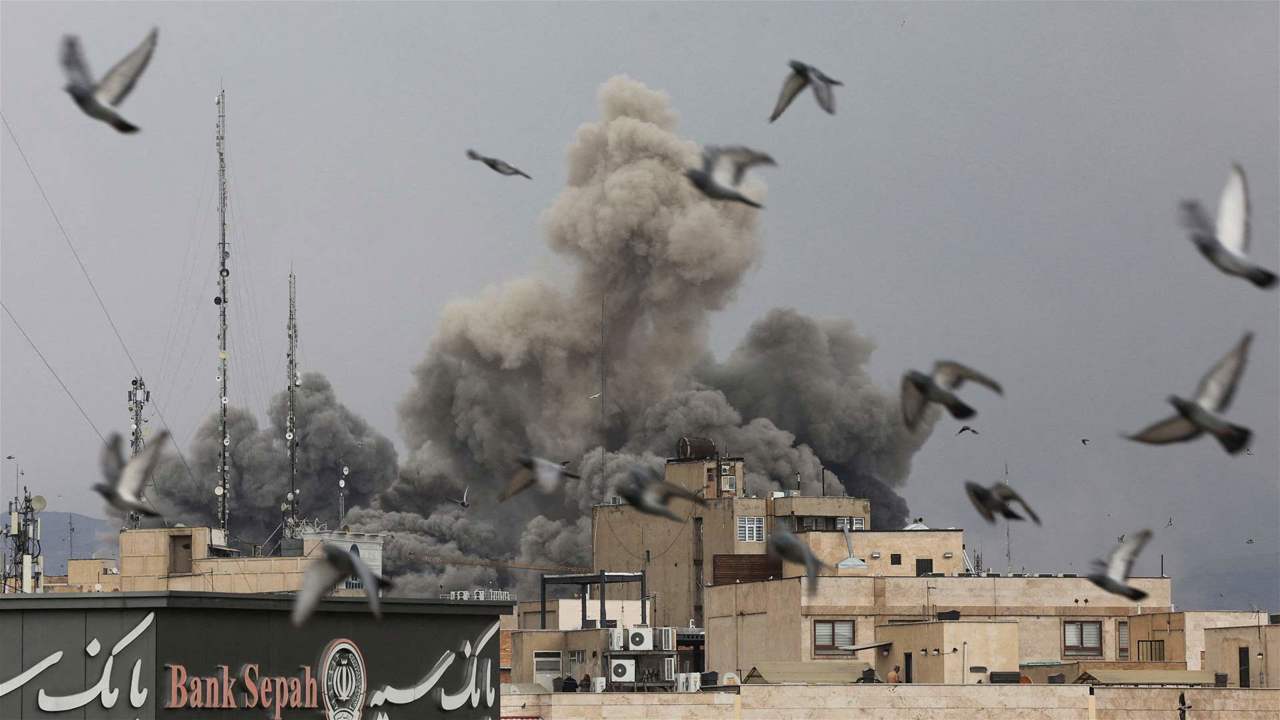The rise of Germany's AfD: A threat to Europe’s stability?
Mentioning the war: References to Germany’s wartime history are not always warranted, but in this case, they are. The man who led his party to victory in Thuringia, Björn Höcke, has twice been convicted by a German court for deliberately using Nazi rhetoric and is considered one of the most extreme politicians in the country.
Is there a risk for the rest of Europe? Certainly, the rise of the far-right is a concern for both Germany and Europe. Despite scandals involving its leaders, the AfD’s influence continues to grow, revealing the anger and distrust of voters towards the government and traditional media.
Regional elections are a key national indicator—this applies to Germany as well as other EU member states. A third eastern German state, Brandenburg, will hold elections on September 22, and the AfD is poised to perform well there too. As French President Emmanuel Macron has learned, raising alarms about the far-right threat does not work. Politics wins elections, not moralism.
Many are watching neighbouring European countries with concern. This includes the centre-right coalitions in the once-progressive Nordic countries, the far-right leader Giorgia Meloni, who has now become part of Italy’s political mainstream, the Dutch populist Geert Wilders, who has managed to form a government coalition with right-wing forces, and finally, France, where Marine Le Pen’s and Jordan Bardella’s Rassemblement National continues to gain ground, having achieved the highest score in the last elections.
Anger and concern: In Germany, too, the far-right forces are gaining influence. Those who once dismissed their rise as a temporary reaction to the 2015 and 2016 refugee crisis were mistaken. The far-right Alternative for Germany has firmly established itself in the political landscape. Earlier this year, they reached new heights in national polls with 23%.
Just before the European elections, the AfD’s popularity suffered due to several scandals. The party’s two lead candidates for the European elections were investigated on suspicion of corruption. Maximilian Krah, who has been a Member of the European Parliament (MEP) since 2019, is under investigation for possible payments from Russia and China. A former colleague of Krah’s in the European Parliament was arrested in April, suspected of spying for China.
Another AfD candidate, Petr Bystron, was also suspected of receiving illegal payments from Russia. The Bundestag, Germany’s Federal Parliament, has already stripped him of his immunity on these grounds.
Traditional media vs. social networks: In Germany, disinformation and manipulation through social networks play a central role in the rise of the far-right. Traditional media do not have a good reputation among many AfD voters. Sixty-seven percent have "no" or "little" trust in the press and newspapers.
The contrast is clear when we look at social networks. Here, AfD voters’ distrust is significantly lower than that of other parties. Eighteen percent even have "quite a bit" or "a lot" of trust in them. The AfD effectively targets its voters through social media.
However, developments in Germany also show that the majority of the population not only observes these trends with great concern but also refuses to remain passive. When the press revealed details of a secret meeting between far-right politicians and businessmen in Potsdam earlier this year, protests were organised across the country for several weeks, drawing tens of thousands of participants.
The far-right is not the majority: The presence of widespread public resistance against the far-right is crucial, especially in Germany. Far-right positions must not be allowed to consolidate and re-enter the mainstream. The political bastion formed by Germany’s democratic forces against the far-right must remain intact.
It is already clear that the far-right forces in various EU member states will not be able to form a united front in the new European Parliament. Although their influence has increased with the European elections, a strong alliance of centrist democratic forces can still counterbalance the far-right’s influence in Europe.
Translation by Iurie Tataru
